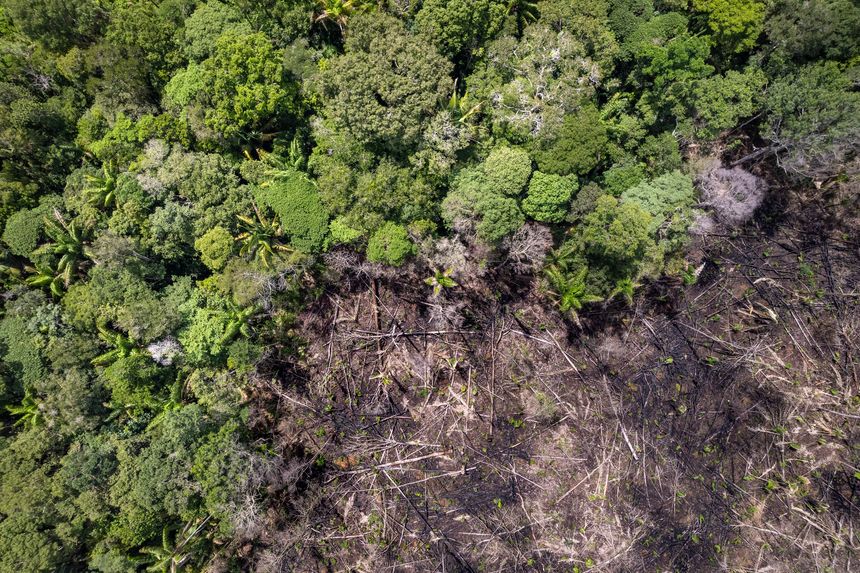On the 21st October, the European Commission unveiled a targeted proposal to amend the EU Deforestation Regulation (EUDR). A somewhat surprising development: only a month earlier, the Commission had signalled to the European Parliament that it was considering a further one-year postponement of EUDR due to concerns about IT readiness. That postponement is now off the table. Instead, the Commission proposes to maintain the 30 December 2025 application date, while introducing several adjustments intended to ease implementation and simplify compliance overall. Below are three takeaways from the Commission’s proposal.
Concentrated due diligence with downstream obligations. The proposal concentrates substantive due diligence obligations at the point of first placing in-scope commodities and products on the EU market. This recalibration aims to avoid duplicative, burdensome checks along the value chain. However, downstream businesses retain important responsibilities. Non-SME downstream operators and traders must still register before making available products or exporting them, collect detailed information about their immediate suppliers and customers, and obtain and pass along due diligence statement (DDS) reference numbers or declaration identifiers associated with the products. Without those numbers or identifiers, products cannot be made available on the EU market or exported. If non-SME (downstream) operators or traders become aware of potential non-compliance, they must notify the authorities and their downstream partners and, where products have not yet been made available or exported, verify the due diligence.
Light-touch regime for micro and small operators. To reduce burdens for the smallest actors, the proposal introduces a new category of “micro and small primary operators” established in a country classified as low-risk, who would not be required to submit a DDS. Instead, they would have to file a one-time simplified declaration in the IT system and receive a declaration identifier. This targeted exemption preserves traceability while streamlining obligations for small operators in low-risk contexts.
Phased implementation with a grace period for enforcement. While the core application date of 30 December 2025 remains, the proposal introduces a grace period: enforcement would commence on 30 June 2026. Before that date, authorities aware of non-compliance may issue warnings to non-compliant operators, coupled with recommendations to achieve compliance. For micro and small primary operators, the EUDR requirements would apply from 30 December 2026.
The Commission’s proposal keeps momentum behind the EUDR while addressing some of the concerns about readiness and administrative burden. Importing operators should continue their focus on building a robust due diligence system and ensure they are fully prepared for customs declaration requirements and border checks. Downstream operators and traders should prioritise internal controls to capture supplier and customer data and DDS numbers and identifiers, and establish escalation protocols for potential non-compliance.
This is not a done deal. The proposal must now be negotiated with, and validated by, the Council and the Parliament.

/Passle/5db069e28cb62309f866c3ee/MediaLibrary/Images/2025-06-30-18-20-05-882-6862d555bf3898129ef17194.jpg)
/Passle/5db069e28cb62309f866c3ee/SearchServiceImages/2025-12-04-15-32-44-367-6931a99c9421fe7e50e0b072.jpg)
/Passle/5db069e28cb62309f866c3ee/SearchServiceImages/2025-12-03-16-04-59-359-69305fab186e029cfdb2acd9.jpg)
/Passle/5db069e28cb62309f866c3ee/MediaLibrary/Images/5fdc8ae0fac8ca1158b19795/2023-12-18-16-23-35-425-658072079f7a0ecb4134021b.jpg)
/Passle/5db069e28cb62309f866c3ee/SearchServiceImages/2025-12-01-18-43-06-681-692de1ba6334e402b7091213.jpg)